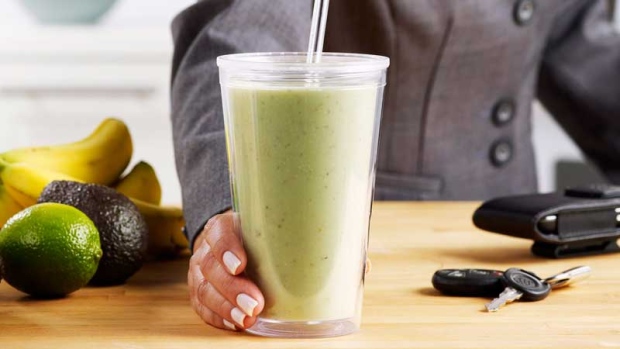-
Tips for becoming a good boxer - November 6, 2020
-
7 expert tips for making your hens night a memorable one - November 6, 2020
-
5 reasons to host your Christmas party on a cruise boat - November 6, 2020
-
What to do when you’re charged with a crime - November 6, 2020
-
Should you get one or multiple dogs? Here’s all you need to know - November 3, 2020
-
A Guide: How to Build Your Very Own Magic Mirror - February 14, 2019
-
Our Top Inspirational Baseball Stars - November 24, 2018
-
Five Tech Tools That Will Help You Turn Your Blog into a Business - November 24, 2018
-
How to Indulge on Vacation without Expanding Your Waist - November 9, 2018
-
5 Strategies for Businesses to Appeal to Today’s Increasingly Mobile-Crazed Customers - November 9, 2018
Single Serving Of Kids’ Fruit Juices Contains Too Much Sugar
One of the main differences between eating a whole fruit and drinking it as a juice is that healthy fibre, which helps slow the body’s absorption of sugar, is lost during processing.
Advertisement
In the 158 fruit juice drinks studied, average sugar content was 11g per 200ml but rose to 21g in 21 pure fruit juices and 26g in 24 smoothies.
“I believe the results would be very similar if this study was conducted with fruit drink products available in the United States”, said Pamela Koch, executive director of the nutrition program at Teachers College, Columbia University, in New York City. However, sugar content was significantly higher in 100% fruit juices and smoothies.
The researchers analysed 203 fruit juices, fruit drinks and smoothies stocked by seven major supermarkets – Tesco, Asda, Sainsbury’s, Marks and Spencer, Waitrose, The Co-op and Morrisons.
The team calculated the quantity of “free sugar” in a 100ml serving of each drink, defined as sugar added by the manufacturer, including glucose and fructose, and sugars from products like honey and syrups.
Brands with more than 19g of sugar per serving included Copella English Apple, Capri-Sun Blackcurrant Juice Drink, Capri-Sun Orange & Tropical, Robinsons Fruit Shoot Apple & Blackcurrant, and Ribena Strawberry.
The findings show that nearly half the tested products contained 19 grams or more of sugar, an amount equal to about five teaspoons, and the amount recommended for a child’s daily intake.
Many fruit drinks and juices for children load children with sugar–a full day’s worth in just one serving, says a new British study.
Smoothies were among the worst offenders in terms of sugar content, despite their generally wholesome image. He called on manufacturers to stop adding unnecessary amounts of sugar to these type products.
These are marketed intensively to children as well as to parents, said Prof Simon Capewell of the department of public health and policy at the University of Liverpool, one of the authors.
The Daily Mail reports that one in five British children aged 4 to 5 years old, and one in three children aged 11 years old are overweight or obese.
“Also, dilute fruit juices with 50% water, choose vegetable juices over fruit juices, and, ultimately, make sure that children get most of their fruits and vegetables from whole fruits and veggies, and don’t rely on drinking them”.
The American Heart Association has more on added sugars.
‘These juices rot children’s teeth and give children a “sweet tooth” that will affect their general health in later life.
They looked for added sugar or naturally occurring sugars in the juices and smoothies.
The sugar content ranged from 0 to 16g per 100ml, with an average of 7g.
Advertisement
Commenting on the study, Dr Gunter Kuhnle, food scientist at the University of Reading, added: “T hese drinks, fruit juices, fruit drinks and smoothies are often seen as a “healthy” alternative and their sugar content is ignored”.





























